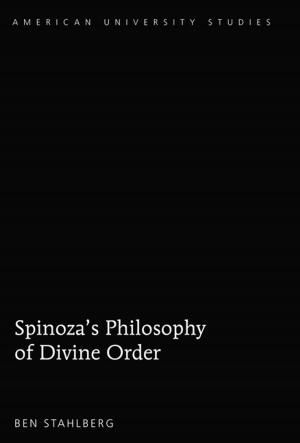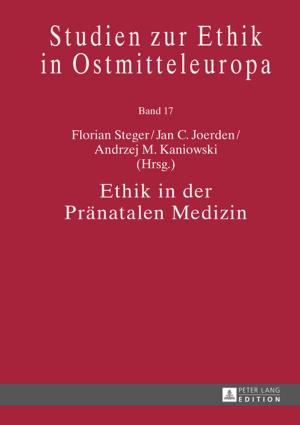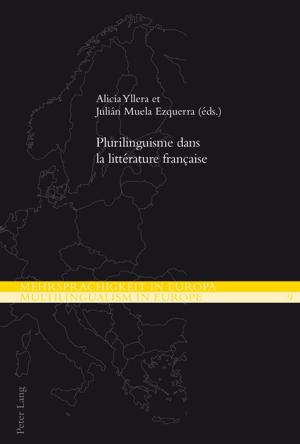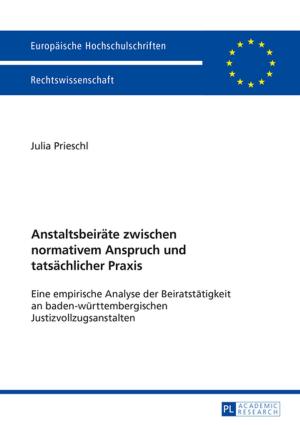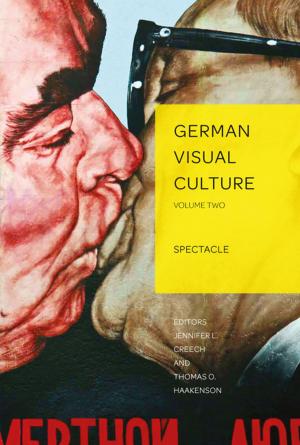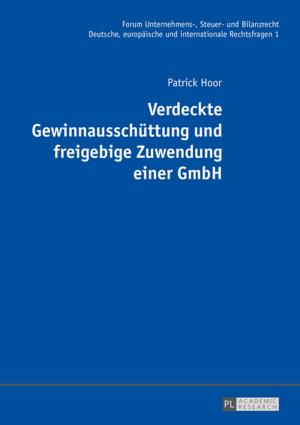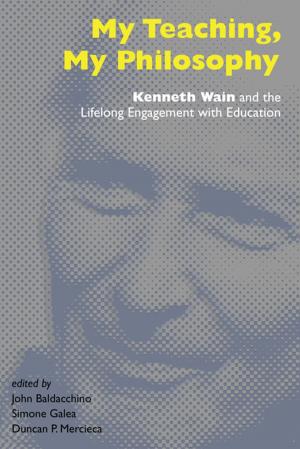| Author: | Martin Rodan | ISBN: | 9783035195835 |
| Publisher: | Peter Lang | Publication: | July 15, 2014 |
| Imprint: | Peter Lang AG, Internationaler Verlag der Wissenschaften | Language: | French |
| Author: | Martin Rodan |
| ISBN: | 9783035195835 |
| Publisher: | Peter Lang |
| Publication: | July 15, 2014 |
| Imprint: | Peter Lang AG, Internationaler Verlag der Wissenschaften |
| Language: | French |
Camus écrit dans ses Carnets : « Nous devons à l’antiquité le peu que nous valons. » En se référant aux vastes lectures et aux nombreux commentaires d’Albert Camus sur les œuvres philosophiques et littéraires gréco-latines et sur la Bible, ce livre entend montrer que l’antiquité constitue pour Camus le sol fertile dans lequel ses forces créatrices s’enracinent, le terreau où son œuvre prend corps : plus il s’inspire de l’antiquité, plus son œuvre devient originale. Une analyse détaillée de ses œuvres philosophiques (Noces, Le Mythe de Sisyphe, L’Homme Révolté) et littéraires (L’Etranger, L’Exil et le Royaume, La Chute), permet à l’auteur de cet ouvrage de reconsidérer les thèmes majeurs de la pensée de Camus comme le bonheur, l’absurde et la révolte, et d’appréhender sous un jour nouveau ses grands personnages littéraires, tels Meursault, Caligula, Janine ou Clamence.
Camus écrit dans ses Carnets : « Nous devons à l’antiquité le peu que nous valons. » En se référant aux vastes lectures et aux nombreux commentaires d’Albert Camus sur les œuvres philosophiques et littéraires gréco-latines et sur la Bible, ce livre entend montrer que l’antiquité constitue pour Camus le sol fertile dans lequel ses forces créatrices s’enracinent, le terreau où son œuvre prend corps : plus il s’inspire de l’antiquité, plus son œuvre devient originale. Une analyse détaillée de ses œuvres philosophiques (Noces, Le Mythe de Sisyphe, L’Homme Révolté) et littéraires (L’Etranger, L’Exil et le Royaume, La Chute), permet à l’auteur de cet ouvrage de reconsidérer les thèmes majeurs de la pensée de Camus comme le bonheur, l’absurde et la révolte, et d’appréhender sous un jour nouveau ses grands personnages littéraires, tels Meursault, Caligula, Janine ou Clamence.

